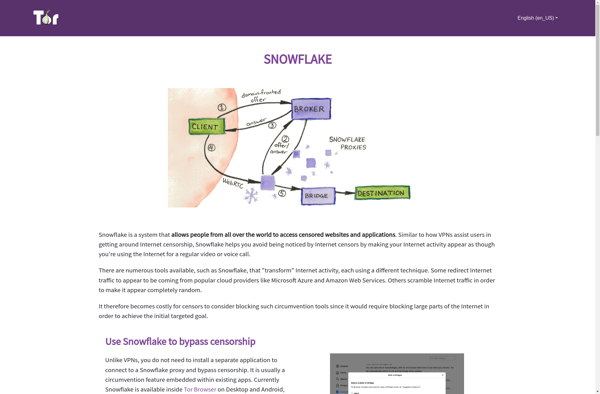Mysterium VPN
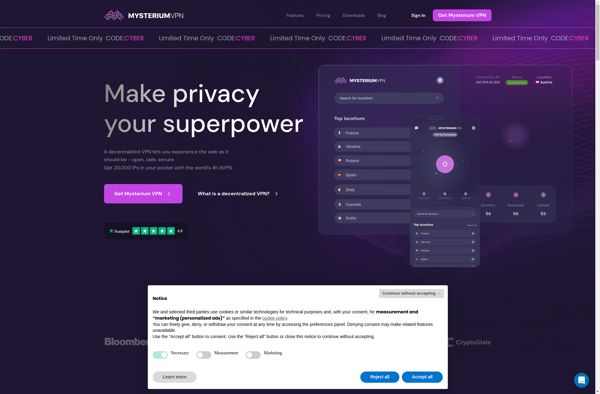
Mysterium VPN: Decentralized VPN Network
Mysterium VPN offers an open-source, decentralized VPN network protocol that enables individuals to rent their unused network capacity to provide VPN services, enhancing privacy and security by connecting users to a global network of residential IPs.
What is Mysterium VPN?
Mysterium VPN is an open source, decentralized virtual private network (VPN) that allows anyone to rent their unused network capacity to provide VPN services. It works by connecting users to nodes provided by a global network of residential IPs to enhance privacy, security, and bypass censorship.
Unlike traditional VPN services that route traffic through centralized servers owned by a single company, Mysterium uses a peer-to-peer network of node providers that offer their own IP addresses for others to route traffic through. This decentralized model means there is no single point of failure or entity that can monitor all network activity.
Any user can install the Mysterium software to become a node in the network and get paid in the platform's native MYST token for allowing others to use their bandwidth. On the user side, the Mysterium client app automatically selects the best performing nodes based on speed, latency and other metrics. This allows users to find fast, reliable VPN connections anywhere in the world.
By democratizing VPN services and paying residential node providers for their bandwidth, Mysterium creates a robust, distributed network that places trust in no individual entity. The software is open source so anyone can audit or contribute to the codebase. With an incentive system and open marketplace model, Mysterium represents a new paradigm for privacy focused networking and anti-censorship tools.
Mysterium VPN Features
Features
- Decentralized network
- Uses residential IPs
- Open source protocol
- Allows users to rent unused network capacity
- Provides VPN services
Pricing
- Freemium
- Subscription-Based
Pros
Cons
Official Links
Reviews & Ratings
Login to ReviewThe Best Mysterium VPN Alternatives
Top Security & Privacy and Vpn and other similar apps like Mysterium VPN
Here are some alternatives to Mysterium VPN:
Suggest an alternative ❐Psiphon

Proton VPN
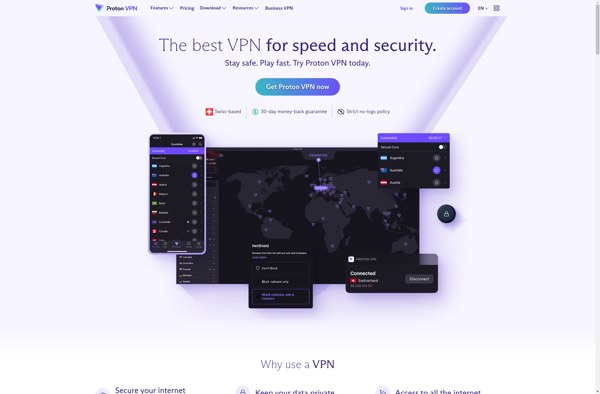
MEGA VPN

CyberGhost VPN

Hotspot Shield

NordVPN
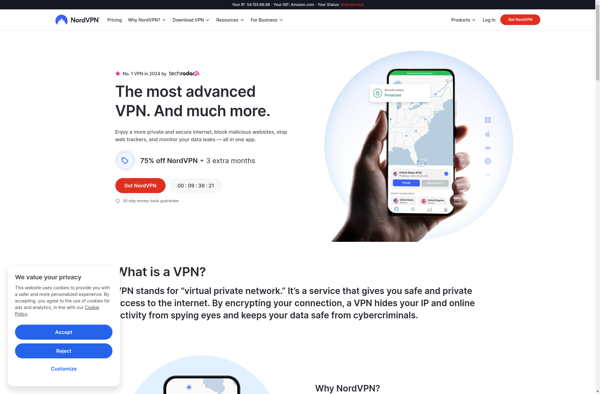
Mullvad

Windscribe

TunnelBear

Amnezia VPN

RiseupVPN
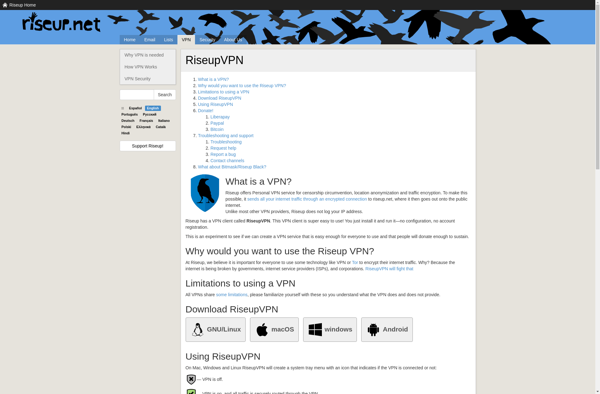
Shadowsocks

Snowflake Tor
